Сценарий урока английского языка в 5 класса «У меня день рождения»
Цель урока: формирование коммуникативной компетенции по теме «У меня день рождения»
Обучающие задачи: активизировать употребление в речи лексики по теме «День рождения», формировать навыки чтения с использованием различных стратегий (просмотровое, поисковое, изучающее) на примере текстов по теме «Как люди в разных странах отмечают день рождения», формировать навыки монологической и диалогической речи, формировать навык письменной речи на примере написания пригласительной открытки, формировать навыки аудирования на примере восстановления плана проведения дня рождения.
Воспитательные задачи: воспитывать культуры общения, приобщать к традициям, реалиям страны изучаемого языка, воспитывать потребность в практическом использовании языка, развивать и поддерживать устойчивый интерес к английскому языку.
Развивающие задачи: развивать память, внимание, умение логически излагать свои мысли.
Формы обучения: фронтальная, индивидуальная, парная, групповая.
Форма урока – урок-праздник
Планируемые результаты:
Личностные:
- воспитание гражданской идентичности на основе усвоения традиционных ценностей граждан России (дом, семья); формирование ответственного отношения к учению; формирование уважительного и доброжелательного отношения к другому человеку; формирование мотивации изучения английского языка; развитие возможности самореализации средствами иностранного языка; освоение социальных норм, правил поведения, социальных ролей, формирование коммуникативной компетентности в сотрудничестве со сверстниками в процессе учебной деятельности.
Метапредметные УУД:
познавательные: осуществлять поиск необходимой информации для выполнения учебных заданий; строить устное высказывание; уметь выделять главное, анализировать, обобщать, сравнивать; умение работать с учебником; уметь действовать по образцу при составлении собственных высказываний.
регулятивные: ставить учебную цель, планировать действия для ее достижения, вносить коррективы в речевые действия, проводить само- и взаимооценку,
коммуникативные: владеть всеми видами речевой деятельности в рамках данной темы; сотрудничать в процессе создания учебного продукта (диалога); устанавливать рабочие взаимоотношения при работе в группе и распределять роли; уметь выступать перед классом с небольшим сообщением.
предметные:
говорение: строить монологическое высказывание о праздновании дня рождения на основе плана и ключевых слов, вести диалог этикетного характера («За столом»), отвечать на предложение собеседника согласием/отказом, уметь употреблять основные нормы речевого этикета (реплики-клише);
аудирование: воспринимать на слух и полностью понимать речь учителя (выражения классного обихода), одноклассников (рассказ о дне рождения, реплики диалога), уметь находить заданную информацию в тексте;
чтение: читать текст о праздновании дня рождения в разных странах с пониманием необходимой информации и с полным пониманием содержания текста.
письмо: писать с опорой на образец пригласительную открытку
грамматические навыки: употреблять формы неопределенного артикля a(an), местоимения some, any).
Организационный этап
Мотивация учебной деятельности с использованием приема сингапурской методики
Hello, everyone! Nice to see you. How are you? Sit down. Smile to your face partner (тот, кто напротив) and say “I’m glad to see you”. Now smile to your shoulder partner (тот, кто сидит рядом) and say “I’m glad to see you”
-Who is on duty today? What date is it today? What day is it today? Who is absent? Are you ready for the lesson? Let’s start then. Today we have an unusual lesson, because some guests have come to be present.
Фонетическая зарядка
Слайд 1. There is a poem for you. Listen to me. Repeat after me. Read the poem.
It’s birthday time, birthday time –
Time for games and time for toys,
Time for happy girls and boys,
Time for cakes and presents, too,
Time for laugh and say “Thank you”!
II. Постановка цели, мотивация
Определение темы и постановка задач урока с использованием приема синквейн
Слайд 2, 3. Look at the slide. There is a think vein there. The first line is missed. Read the think vein and guess what the theme of the lesson is.
1. __________ (birthday)
2. Funny, amazing
3. Celebrate, eat, play
4. It’s better to give presents then to get them
5. Fun
What is the first word? You are right. So the theme of the lesson is “It’s my birthday” Open your books on p 100. Look through the tasks and say what the aims of the lesson are. ( на доске даны опорные фразы)
- to learn the new word related to the theme … (birthdays)
- to read the text about …(birthdays)
- talk about … (how people in different countries celebrate birthdays)
- to act out dialogues about…( birthdays)
- to write about … (birthdays)
The main aim is to talk about how people in different countries celebrate their birthdays. So I invite you to the birthday party!
Рефлексия эмоционального состояния в начале урока.
Before a birthday party we usually decorate the house. There are a lot of balloons in the classroom. They are red and blue. Let’s decorate the classroom. If you are in a good mood, choose a red balloon, if you are in a bad mood, choose a blue one. (учащиеся выбирают шарики, соответствующие их настроению, и украшают ими класс)
III. Этап актуализации знаний
Активизация ранее изученной лексики по теме «It’s my birthday» с использованием приема «кластер»
Слайд 4. Before talking about a birthday let’s revise the words related to the theme. On the desks you can see worksheets with different tasks. Let’s fill in the cluster. Do it on your own.


It’s my
birthday
Place Activities


Food Presents
Речевая зарядка.Answer my questions
Is your birthday a special day for you?
Do you usually celebrate your birthday?
Do you have a birthday party?
Do you celebrate your birthday at home (at a café)
Where do you celebrate your birthday?
Do you get presents?
Does your mother make a cake ?
Do you buy a carton of juice, a bottle of lemonade, a packet of biscuits?
What do you eat on your birthday?
What do you do at the party?
Слайд 5. Игра «Цепочка»
Let’s play a chain game. My birthday is on …of… When is your birthday? Well done!
IV. Первичное усвоение новых знаний
Введение новой лексики по теме “It’ s my birthday”
Слайд 6.When we talk about a birthday we use a lot of words. Now look at the slide. Do you know the words on the slide? No, you don’t. Then, let’s read and learn the new words. Don’t write down. Try to remember them. Repeat them after me.
| treats –угощения invite [ɪnvaɪt] guests [ɡests] – приглашать гостей make invitation cards – делать приглашения lay the table – накрыть стол  blow out candles – задувать свечи =light candles blow out candles – задувать свечи =light candles
make a birthday wish –загадать желание, wish – желать wear colorful paper hats /ˈkʌləfl/ - носить цветные колпаки | be full of –быть полным soup with noodles- суп с лапшой mean - значить  bring good luck- приносить удачу =bring bad luck bring good luck- приносить удачу =bring bad luck
money -деньги envelope – a paper packet for letters birthday girl (boy) - a child who celebrates a birthday congratulate – поздравлять give (bring) presents- дарить подарки get presents – получать подарки |
Закрепление лексики по картинкам на основе лексической игры. Let’s play the game “Show me, please”. There are some pictures on the blackboard. Come one by one to the blackboard. Show me a picture which means: have a party, blow up balloons, lay the table, light candles, blow out candles, give (bring) presents, wear colorful paper hats, decorate the house with balloons, decorate the house with red paper, get money in red envelopes, play party games. (Приложение 1)
Формирование навыков поискового и смыслового чтения
The aim of the lesson is to talk about how people in different countries celebrate birthdays. To celebrate a birthday we decorate the house. We have already done it. We also make invitation cards, eat special food, have fun (play, dance, sing). Do you want to know how people in different countries celebrate their birthdays? Look through Ex. 3 on page 100.What is the text about? The text is about how people in Britain and in China celebrate their birthdays. Ok! Now read the text and say what people in different countries eat and do at the birthday party
V. Первичная проверка понимания
Слайд 7 Say to me “I agree or I don’t agree that”
Do you agree that
- British people have a party to celebrate a birthday?
- their friends bring small gifts?
- they have a table full of food?
- they eat chocolate biscuits and sausages?
- they decorate the house with flags?
- People in China eat soup with noodles?
- they eat red eggs?
- bluecolour brings good luck in China ?
- they get money in red envelope ? Good job!
Формирование навыка монологической речи. Составление рассказа по ключевым словам. Работа в парах. (ключевые слова – на доске) Tell us about how people in Great Britain and China celebrate their birthdays. Use the key words, present it to the class:
In Britain people have _
They decorate _
They invite their _
Their friends bring _
They have a table full of treats_
They play_
In China people decorate the house with _
They eat _
Red eggs bring_
They get _ in red _
They celebrate a birthday with_
Формирование навыков аудирования с пониманием запрашиваемой информации
Listen to the conversation between Ann and Bob. Answer the question. What are they talking about? They are talking about Bob’s birthday. Now fill in the plan in the worksheets and present it to the class and check yourselves. (SB Ex.8 p. 99)
Слайд8. Check yourselves
Birthday party plan
Date: on Friday, on the 22nd of January
Time: … (at 8 o’clock )
Number of people: … (15)
Food and drinks: 3 large pizzas, 10 burgers,
1 packet of chocolate … (biscuits),
2 … (bottles) of lemonade
Activities: party … (games), dancing
VI. Первичное закрепление
Формирование умения письменной речи. Написание пригласительных открыток. (Приложение 2)
Слайд 9. When we have a birthday party we invite our friends. Let’s make some invitation cards. Do you remember how to write invitation cards? Look at the slide. In the invitation card we write the name of your friend, date and time of the celebration, your address and your name. You have invitation cards on you desks. Complete and present it to the class.
Dear Kate,
I invite you to my birthday dinner.
Date: on the __th of _
Time: at 5 o’clock
Place: at 11, Garden Street
From: Laura
Динамическая пауза At the birthday party people have a lot of fun and relax. They often dance. Let’s dance too.
Формирование навыков диалогической речи
Imagine you are at the party. You are at the table. Look into your worksheets and learn some phrases about how to talk at the table.
| Would you like (to have) _ Вы бы хотели немного_? What about (having)_? - Как насчет _? How about (having)_? – Как насчет _? Shall we have_? – Мы будем_? Let’s have_. | That would be nice. –Было бы хорошо. That’s a great idea. – Замечательная идея. Good idea. I like___. - Хорошая идея. Я люблю_. I’d love to. – Хотелось бы. That sounds great – Звучит замечательно. What a tasty cake! - Какой вкусный торт! |
| Here you are – Вот возьмите. Help yourself! – Угощайтесь! | I don’t think so. – Не думаю. I don’t like_ I would like _ - Я хотел(а) бы_. |
Read the example:
-Would you like some sweets?
-That sounds great.
-Here you are!
-Thank you.
Act out your dialogues as in the example
Ролевая игра “At the table” Look at the table full of tasty treats. (поставить угощение на стол). Let’s have a role play. One of you is a birthday child and the rest of the class are guests. Who wants to be a birthday child? Use the dialogue as a model and make your own dialogue related to the theme “At the table”
Исполнение песни “Happy birthday”
After dinner we have fun and sing songs. Let’s sing the song “Happy birthday”
VII. Контроль усвоения знаний
Прием cингапурской методики TakeOff-TouchDown
How do people in Russia celebrate birthdays?
Stand up those who
- celebrates your birthday
- decorates the house with balloons
- invites guests
- lays the table
- blows out the candles
- gets presents
- wears a colourful hat at the party
- has a great time at the party
Stand up those whose
- mother makes a cake
- parents light candles
- guests bring small gifts
- dinner table is full of treats
- guests wish you good luck
- sets off firework
Формирование навыков монологической речи. Описание празднования дня рождения в России с помощью плана. (план – на доске)
Tell us about how people in Russia celebrate their birthdays. Use the plan:
Party:
Place:
Decorations:
Guests:
Presents:
Food:
Drinks:
Activities:
Игра «Прикрепи хвост ослу» (Приложение 3)
At the party children in Britain play a game “Pin the Tail on the Donkey”. It is a favourite game of all British children. The rules are simple. There is a donkey on the blackboard. It hasn’t got a tail. There are some tails with your names on them on your desks. Take a tail, come to the blackboard, close your eyes and pin the tail on the donkey. The player who will pin the tail closest to the appropriate spot is the winner.
Tест Let’s have a short test
1.What do your friends say to you at the party?
A) Merry Christmas B) Happy birthday
2.What do your guests bring?
small presents B) a carton of juice
3. What do people in Britain do at the birthday party?
light bonfires, B) play party games
4.What do people in China eat?
A) Soup with noodles B) small sausages on a stick
Exchange your worksheets and check it, please
VIII. Домашнее задание
Your homework is to learn the words in the worksheets, WB Ex 1, 2 p.61 – do the crossword, make up dialogues, SB Ex.4 p.100 - write a short text about how people in Russia celebrate birthdays with the help of the plan given in the worksheets. Your marks are___
IX. Рефлексия
Рефлексия деятельности на основе приема «Незаконченное предложение» (опорные фразы – на доске)
Now we come to the end of the lesson. Do you remember the theme of the lesson.
Now I know…
Now I can…
Today I have learnt to…
It was interesting to…
It was difficult to…
Рефлексия содержания учебного материала What do you like to do at the lesson best? What task were you active at? Take the smile and put it in the carriage with the task you like most of all
«Поезд». На парте перед каждым ребёнком лежит смайлик. На доске поезд с вагончиками, на которых обозначены этапы урока.


Рефлексия эмоционального состояния
Show me your thumb up if you are in a good mood or if you are OK, show me your thumb down if you are in a bad mood. Thank you for your work. You worked very well; you were active and clever. I’m glad to have such clever students as you are. I’ll give some treats. You are free.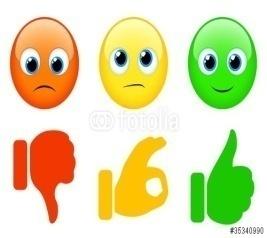
Список литературы
1. Учебник «Английский в фокусе» Ю.Е. Ваулина. Д. Дули, О.Е. Подоляко, В. Эванс М.: Просвещение 2014г.164с.
2. Рабочая тетрадь «Английский в фокусе» Ю.Е. Ваулина. Д. Дули, О.Е. Подоляко, В. Эванс М.: Просвещение 2014г.1 88
Приложение 1


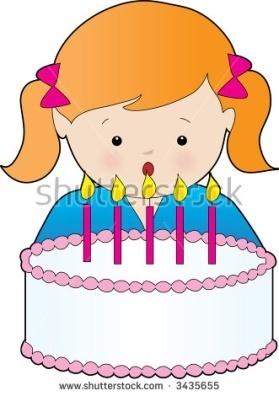

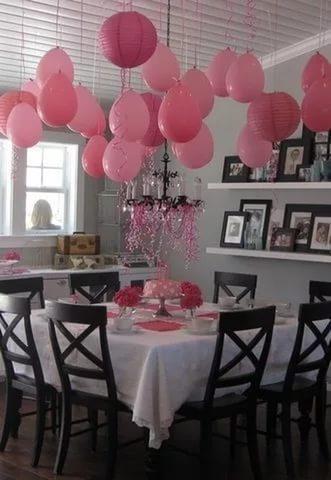
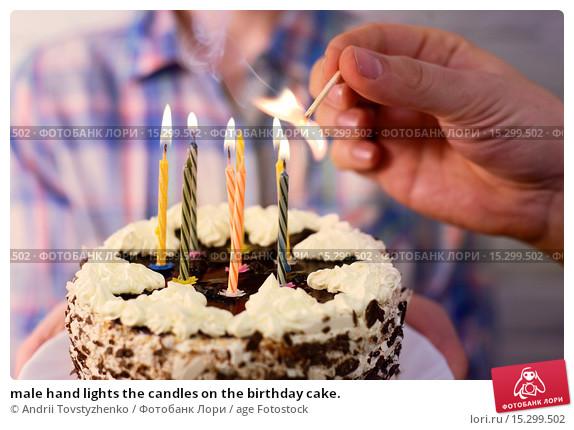
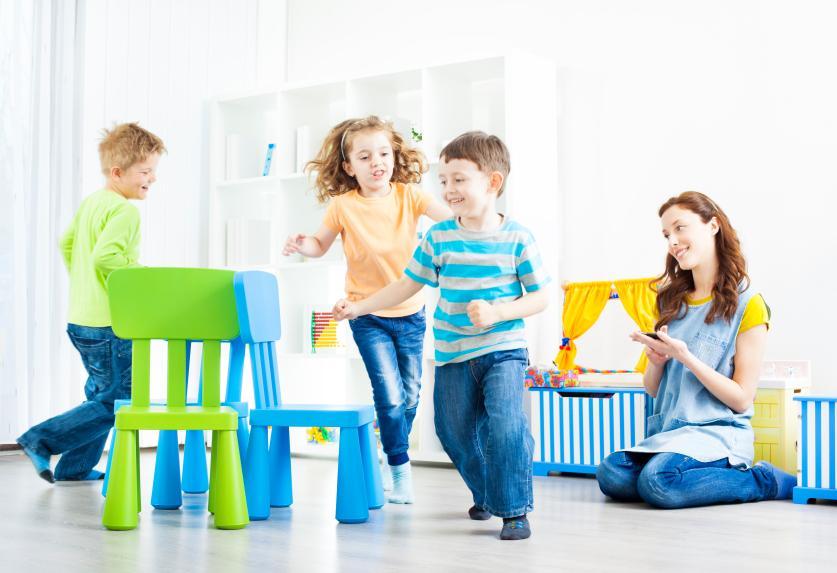
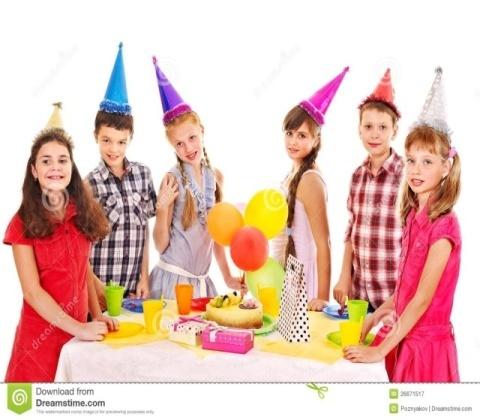
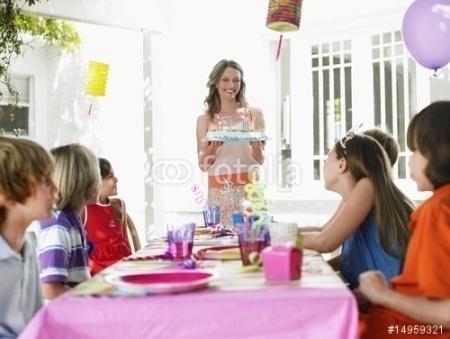
Приложение 2 Приложение 3
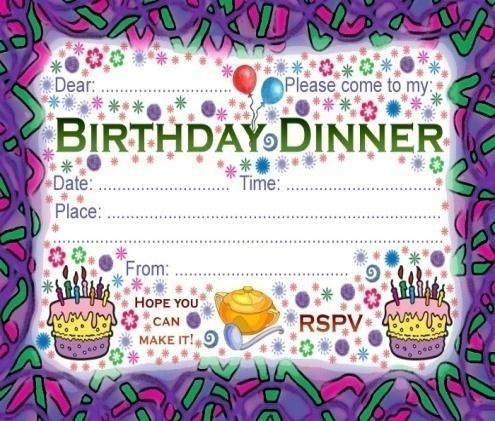
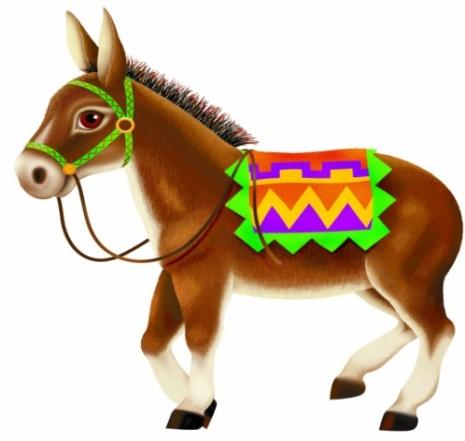






































![treats - угощения invite [ɪnvaɪt] guests [ɡests] – приглашать гостей wear colorful paper hats /ˈkʌləfl/ - носить цветные колпаки make invitation cards – делать приглашения be full of –быть полным lay the table – накрыть стол soup with noodles - суп с лапшой blow out candles – задувать свечи mean - значить make a birthday wish – загадать желание bring good luck -приносить удачу money -деньги wish – желать envelope – конверт birthday girl (boy) - именинница, именинник сongratulate/kənˈɡrætʃuleɪt/ - поздравлять](https://fsd.multiurok.ru/html/2019/07/26/s_5d3b0f93c2735/img_s1186648_0_5.jpg)


















